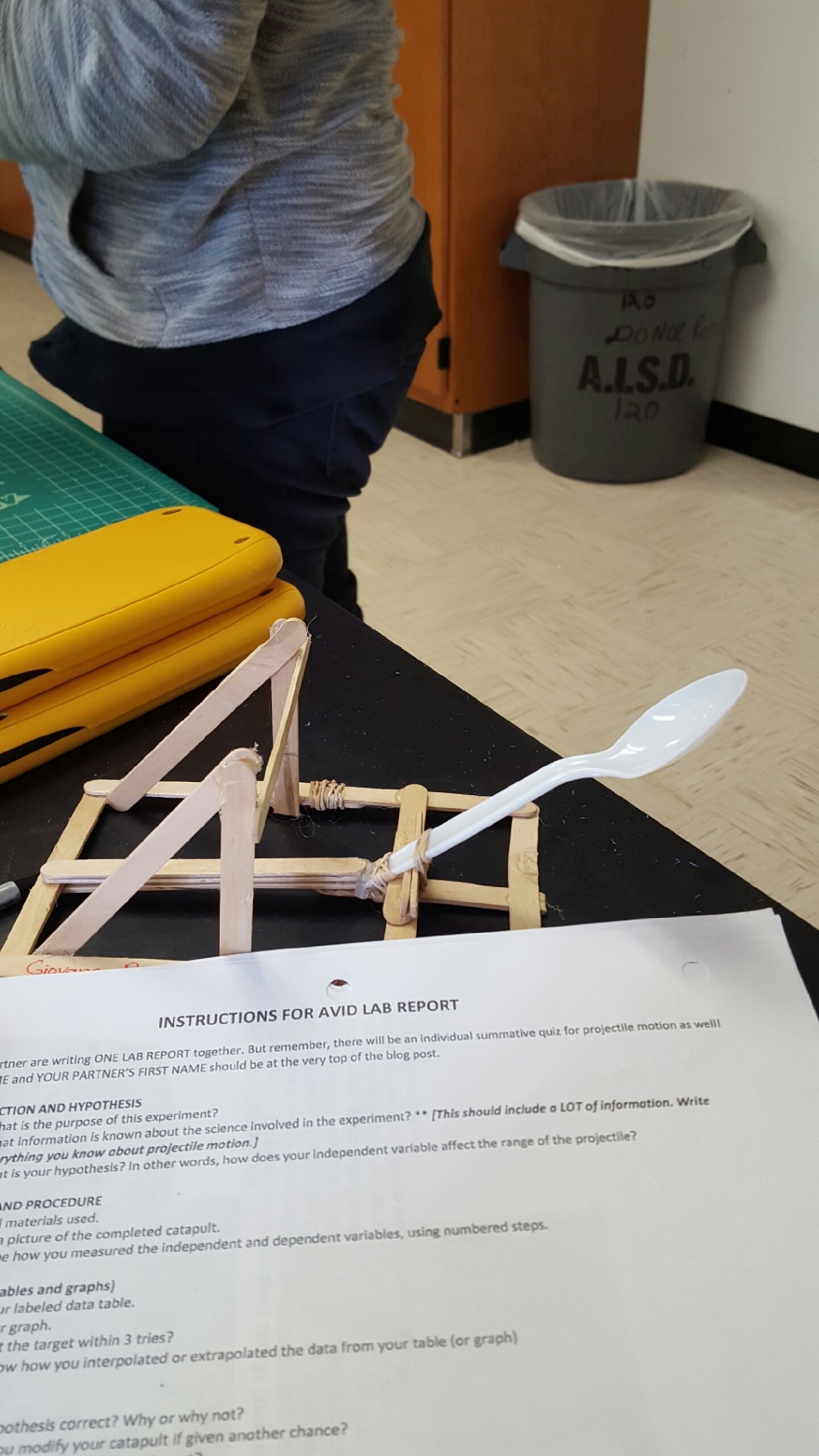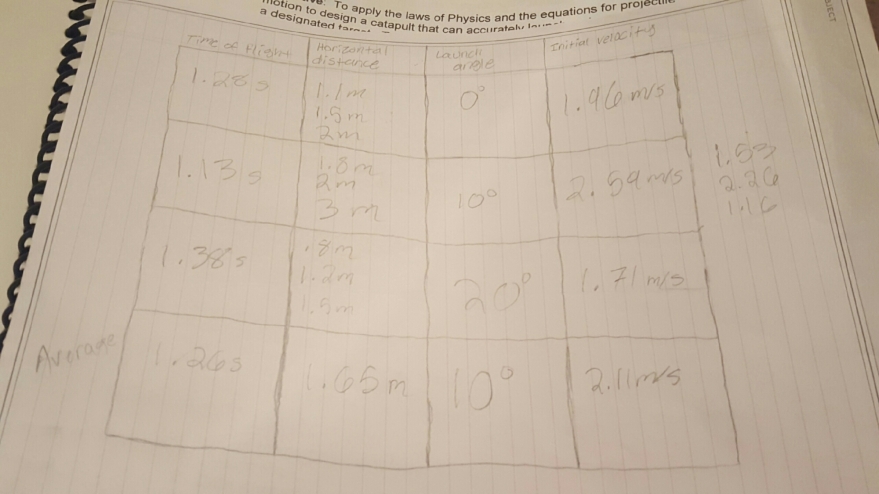It has been said for many, many years. “Money can’t buy you happiness.” But is this statement very true?
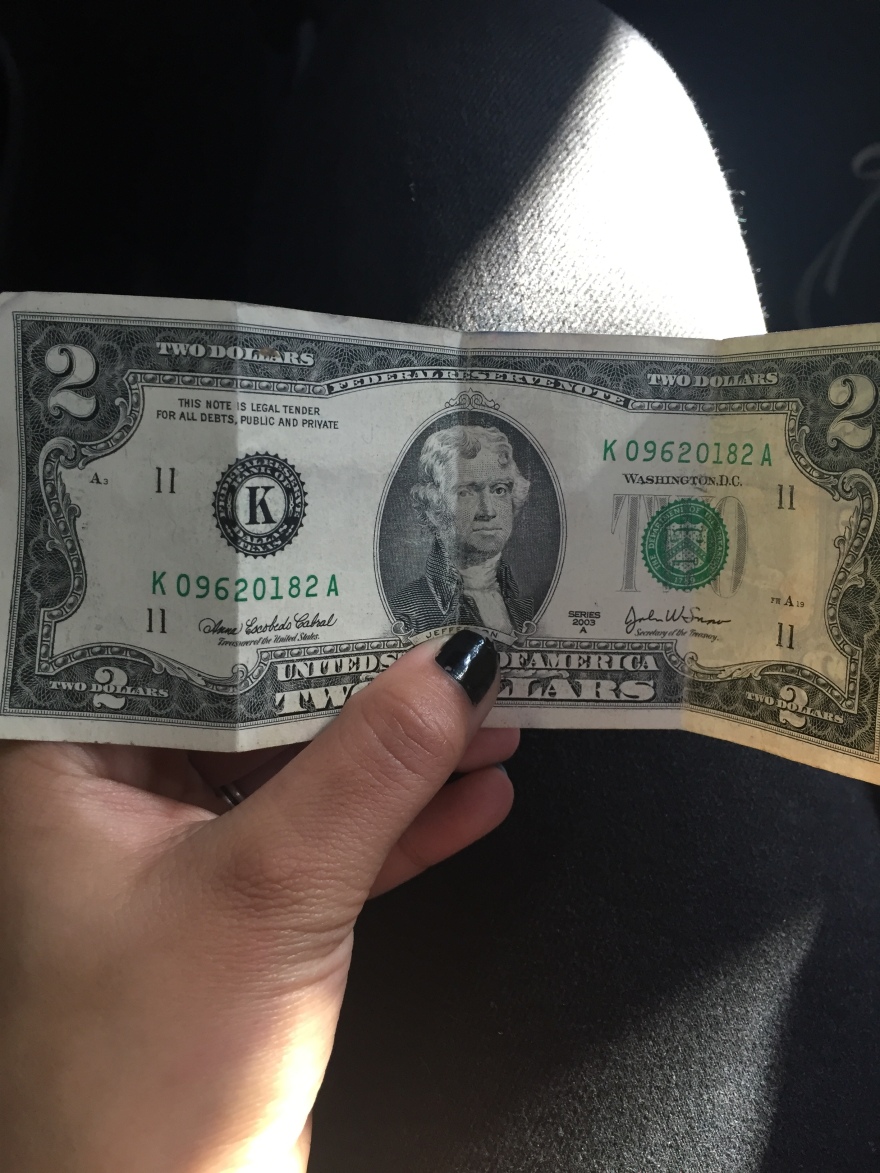 A two dollar bill can amaze anyone because they aren’t seen very often. When you actually get your hands on one, your first instinct is to keep it safe somewhere and never actually spend it. Why do you think this is? Could it be that simply being able to say “I have a two dollar bill” brings satisfaction or maybe even happiness?
A two dollar bill can amaze anyone because they aren’t seen very often. When you actually get your hands on one, your first instinct is to keep it safe somewhere and never actually spend it. Why do you think this is? Could it be that simply being able to say “I have a two dollar bill” brings satisfaction or maybe even happiness?
If you were to receive a million dollars you would probably be extremely happy. If you were to lose a million dollars you would be very angry. For some people it doesn’t even have to be a million dollars; the same feelings would happen if it were only one or two.
 Money can also be spent on things that can make you happy. For example, pizza. If I could eat pizza for the rest of my life, I would. But it costs money.
Money can also be spent on things that can make you happy. For example, pizza. If I could eat pizza for the rest of my life, I would. But it costs money.

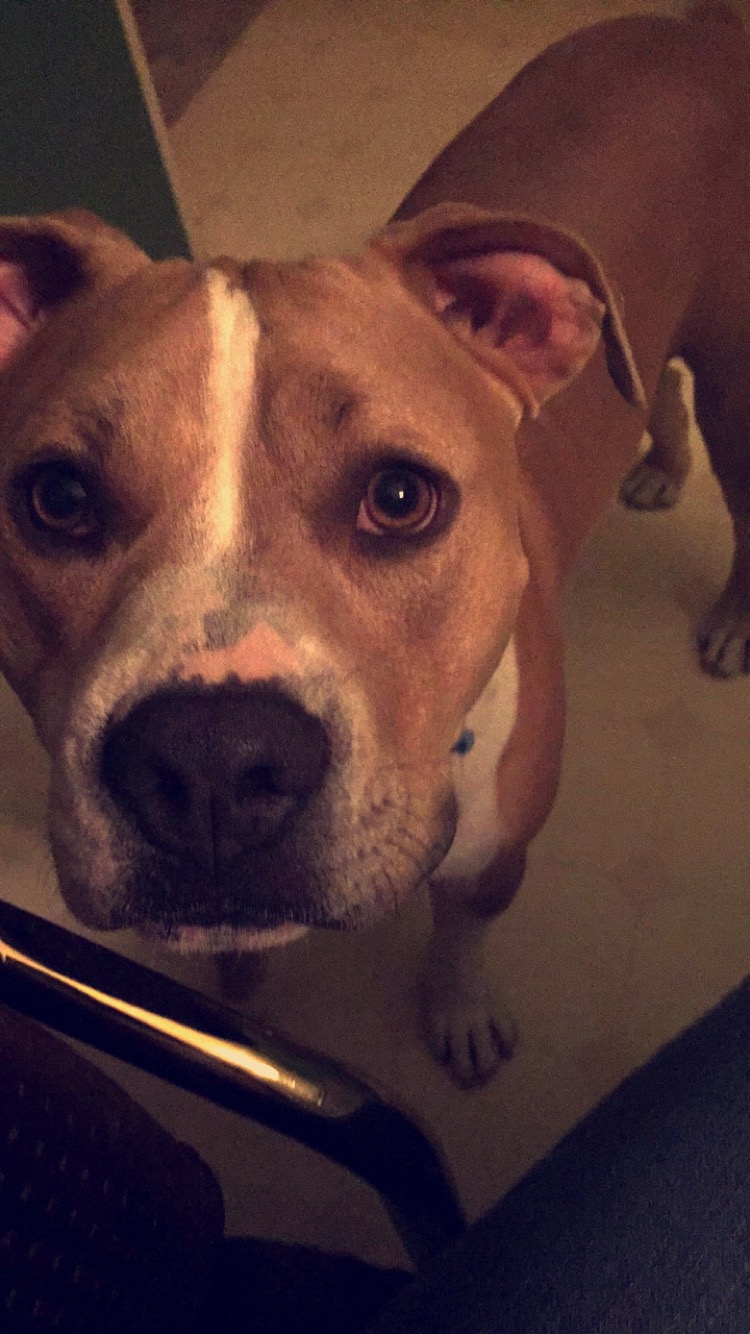 This is Simba. I don’t think I’ve ever been as happy as I was the moment I got him. Of course, he costed money. Without money, I would have never met the love of my life.
This is Simba. I don’t think I’ve ever been as happy as I was the moment I got him. Of course, he costed money. Without money, I would have never met the love of my life.

This girl started working at age 16 to finally be able to make her own money and buy anything her heart desired. Although she later found out that working is way harder than she thought, she still works every weekend. She hates her job very, very much but finds it all to be very worth it every other Friday when she holds her check in her hands.

Along with the happiness that comes from the things we spend our hard, earned money on comes feeling of distress, guilt, anger, and depression when these things break or get lost. We start thinking of what we’re going to have to go through to replace or repair.
 The girl who once owned this phone was literally in tears when someone threw her phone across the room and later found it in pieces but was very happy when she got the money to get a new phone.
The girl who once owned this phone was literally in tears when someone threw her phone across the room and later found it in pieces but was very happy when she got the money to get a new phone.
For the most part, the answer is yes; money can buy happiness. But to a certain extent. Too much money or an inaccurate version of happiness can also play in to part.

http://www.brisbanetimes.com.au/news/entertainment/heath-ledger-found-dead/2008/01/23/1201024937476.html
Heath Ledger, who many know as the Joker from The Dark Knight, was found dead on January 22, 2008 in his apartment from combined drug toxicity and is suspected to be a victim of suicide.
 Robin Williams, a well known actor, was found dead on August 11, 2014 due to suicide.
Robin Williams, a well known actor, was found dead on August 11, 2014 due to suicide.
These celebrities, along with many more who fell in to suicide, were very wealthy. So why weren’t they happy? It could have been many things.
Money does not guarantee eternal happiness and is not the cure to mental illnesses such as depression or addiction.
There are many more sides to happiness than what we get from materialistic things. Money can only buy a temporary happiness.
The most important kind of happiness we can have is the kind that money can not buy.
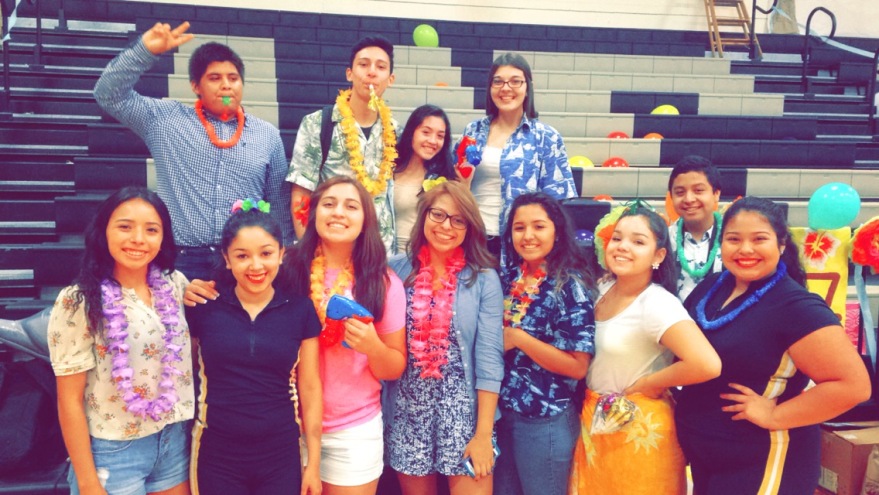
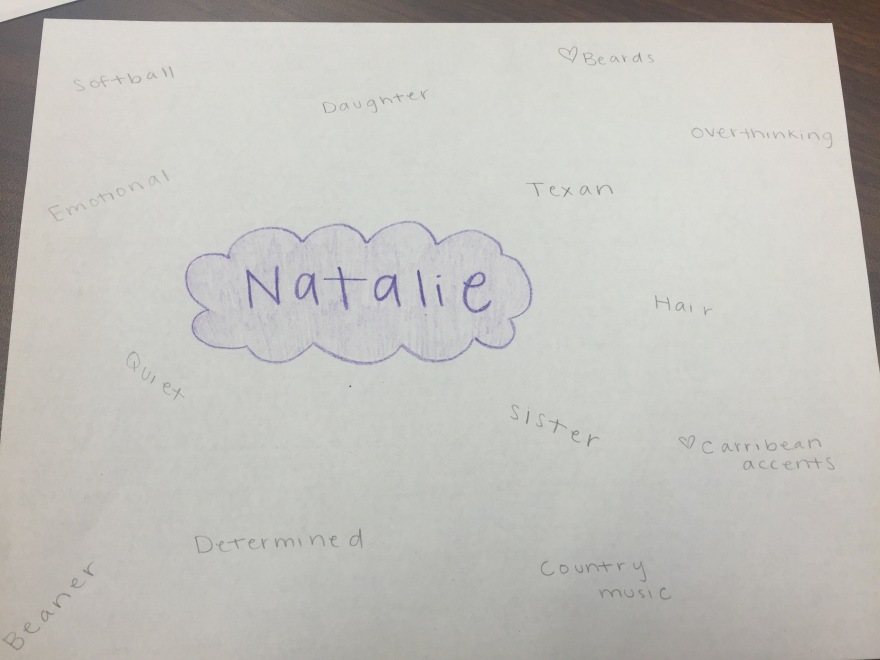
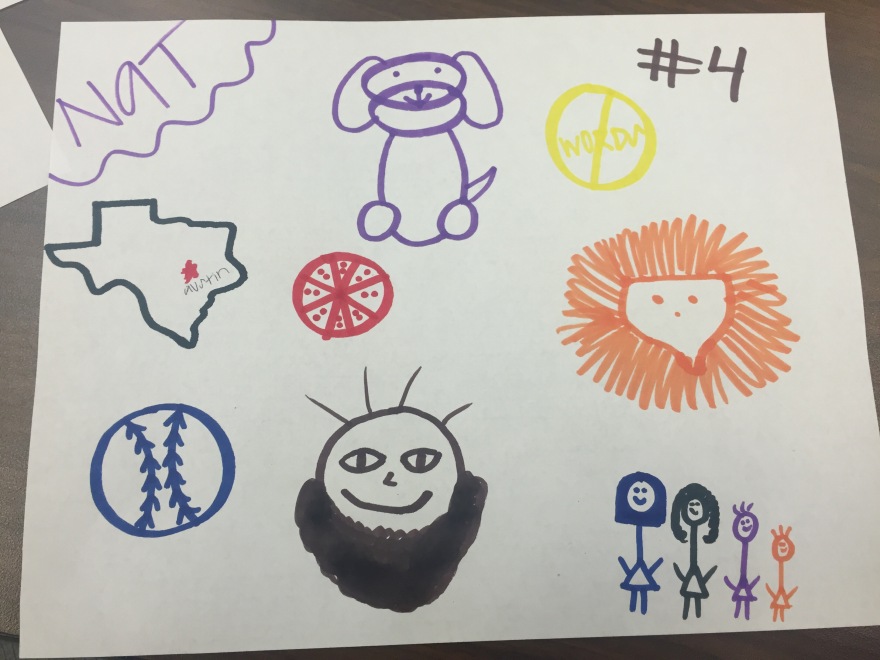
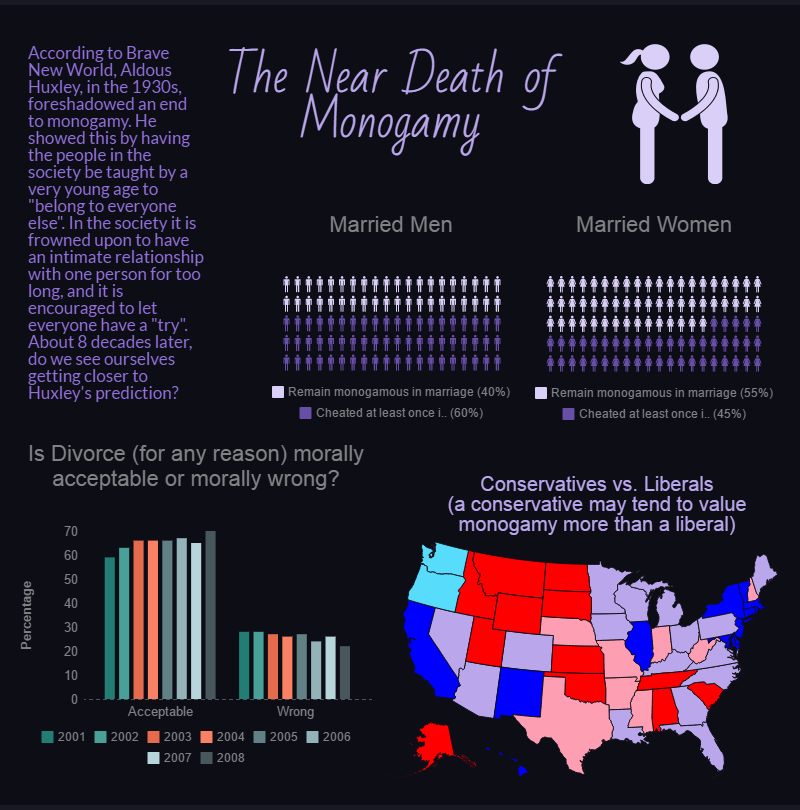
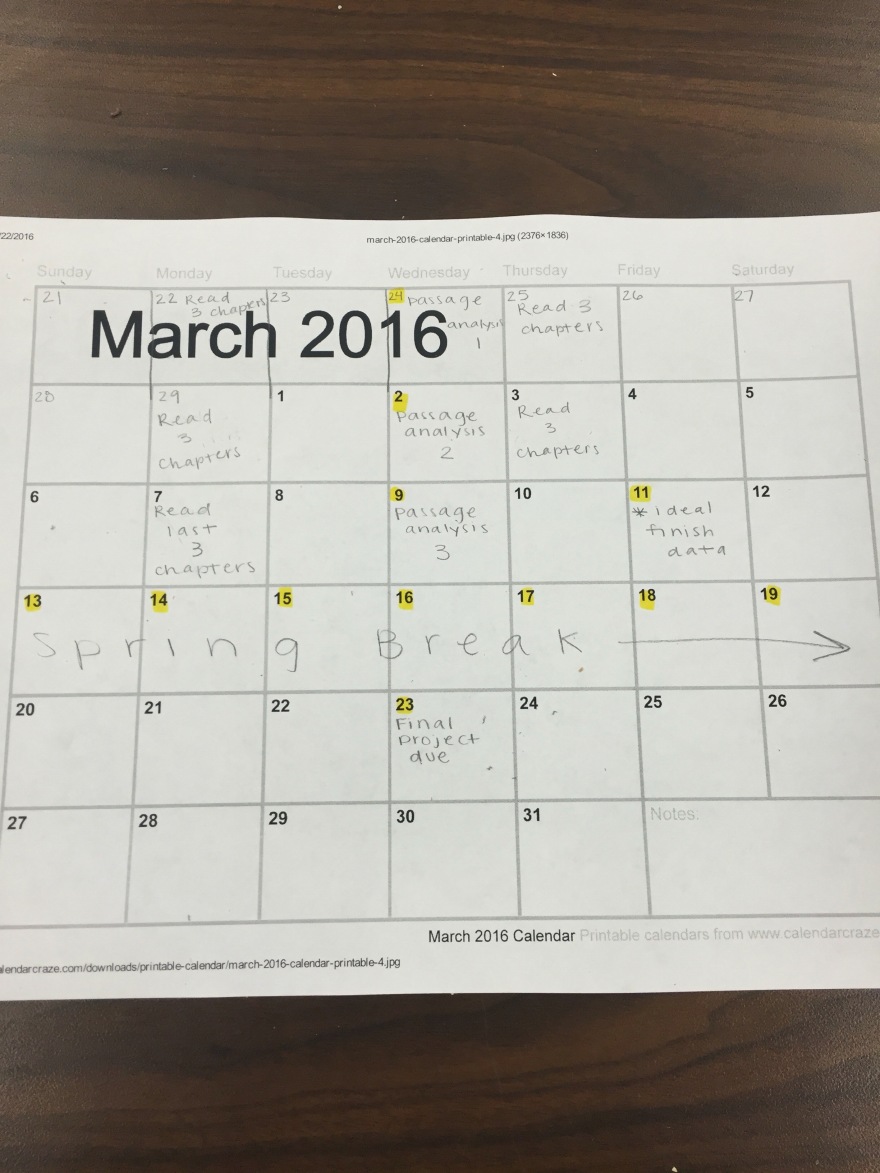
 A two dollar bill can amaze anyone because they aren’t seen very often. When you actually get your hands on one, your first instinct is to keep it safe somewhere and never actually spend it. Why do you think this is? Could it be that simply being able to say “I have a two dollar bill” brings satisfaction or maybe even happiness?
A two dollar bill can amaze anyone because they aren’t seen very often. When you actually get your hands on one, your first instinct is to keep it safe somewhere and never actually spend it. Why do you think this is? Could it be that simply being able to say “I have a two dollar bill” brings satisfaction or maybe even happiness? Money can also be spent on things that can make you happy. For example, pizza. If I could eat pizza for the rest of my life, I would. But it costs money.
Money can also be spent on things that can make you happy. For example, pizza. If I could eat pizza for the rest of my life, I would. But it costs money.
 This is Simba. I don’t think I’ve ever been as happy as I was the moment I got him. Of course, he costed money. Without money, I would have never met the love of my life.
This is Simba. I don’t think I’ve ever been as happy as I was the moment I got him. Of course, he costed money. Without money, I would have never met the love of my life.

 The girl who once owned this phone was literally in tears when someone threw her phone across the room and later found it in pieces but was very happy when she got the money to get a new phone.
The girl who once owned this phone was literally in tears when someone threw her phone across the room and later found it in pieces but was very happy when she got the money to get a new phone.
 Robin Williams, a well known actor, was found dead on August 11, 2014 due to suicide.
Robin Williams, a well known actor, was found dead on August 11, 2014 due to suicide.
